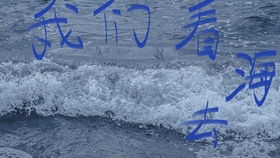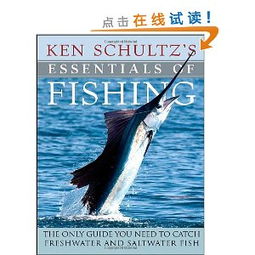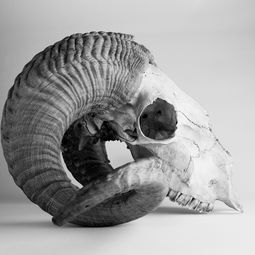Content:
Introduction: Winter fishing, while often overlooked, can be a rewarding and enjoyable experience for anglers. The crisp air, serene landscapes, and the challenge of catching fish in colder temperatures make it a unique and exciting pastime. However, to succeed in winter fishing, it is crucial to adopt specific techniques and strategies. In this article, we will explore essential winter fishing techniques and provide tips on how to tackle the challenges of fishing in cold weather.
Choose the Right Equipment: Winter fishing requires specialized equipment to ensure comfort and effectiveness. Here are some key pieces of gear to consider:
a. Cold-weather clothing: Dress in layers to maintain warmth. Include a waterproof jacket, thermal underwear, gloves, and a hat or hood to protect against the cold.
b. Rod and reel: Opt for a lightweight rod and reel that can handle the lighter bite of winter fish. A good choice is a spinning rod with a quality reel that can handle monofilament or fluorocarbon line.
c. Line: Use a heavier line in winter to account for the increased stiffness of cold water. Monofilament or fluorocarbon line with a lower stretch is ideal.

d. Lures and baits: Choose lures and baits that mimic the natural prey of winter fish. Small jigs, spinners, and live bait such as minnows or worms can be effective.
Select the Right Location: Finding the right fishing spot is crucial in winter. Consider the following factors:
a. Structure: Look for areas with structure, such as rocks, logs, or weed beds, as they provide shelter and attract fish.
b. Depth: Fish tend to move to deeper water in winter to stay warm. Target depths of 10-20 feet, depending on the species you are targeting.
c. Cover: Look for areas with cover, such as fallen trees, brush piles, or submerged objects, as they can provide additional protection for fish.
Adjust Your Approach: Winter fishing requires a different approach compared to warmer months. Here are some tips to help you succeed:
a. Timing: Fish are often more active during the first few hours of daylight and during the warmest part of the day. Plan your fishing trips accordingly.
b. Patience: Winter fish may be slower and less aggressive, so be patient and give your bait time to work.
c. Sensitivity: Pay close attention to your line and be prepared to set the hook quickly. Winter fish may not provide as much of a fight as in warmer months.
Maintain Your Equipment: Winter conditions can be harsh on your fishing gear. Here are some tips to keep your equipment in good condition:
a. Clean and dry your gear after each use to prevent rust and corrosion.
b. Store your fishing rod and reel in a cool, dry place during the off-season.
c. Inspect your line regularly for signs of wear and tear, and replace it as needed.
Conclusion: Winter fishing can be a challenging but rewarding experience. By adopting the right techniques, selecting the appropriate equipment, and being patient, you can increase your chances of success. Remember to dress warmly, choose the right location, and adjust your approach to the cold weather. With these tips in mind, you'll be well on your way to enjoying a successful winter fishing adventure.












